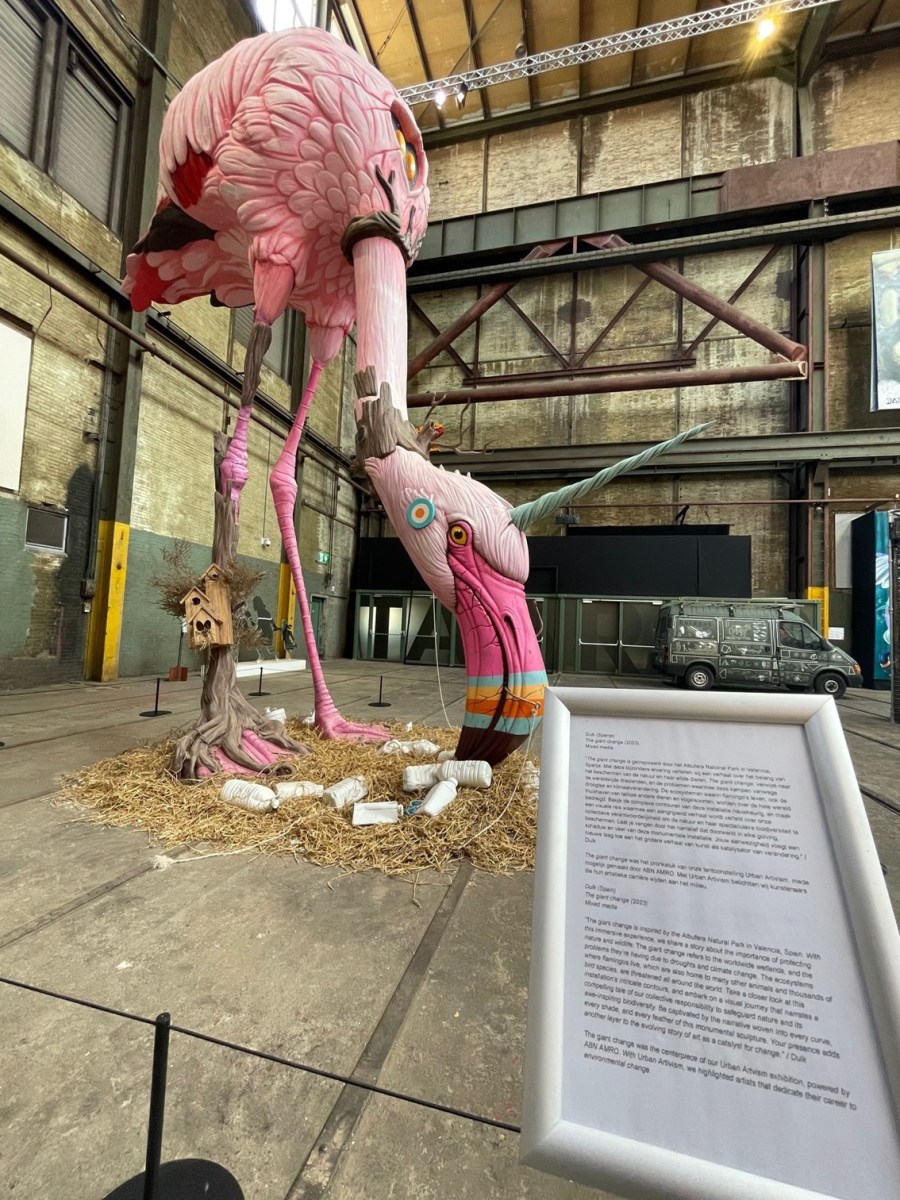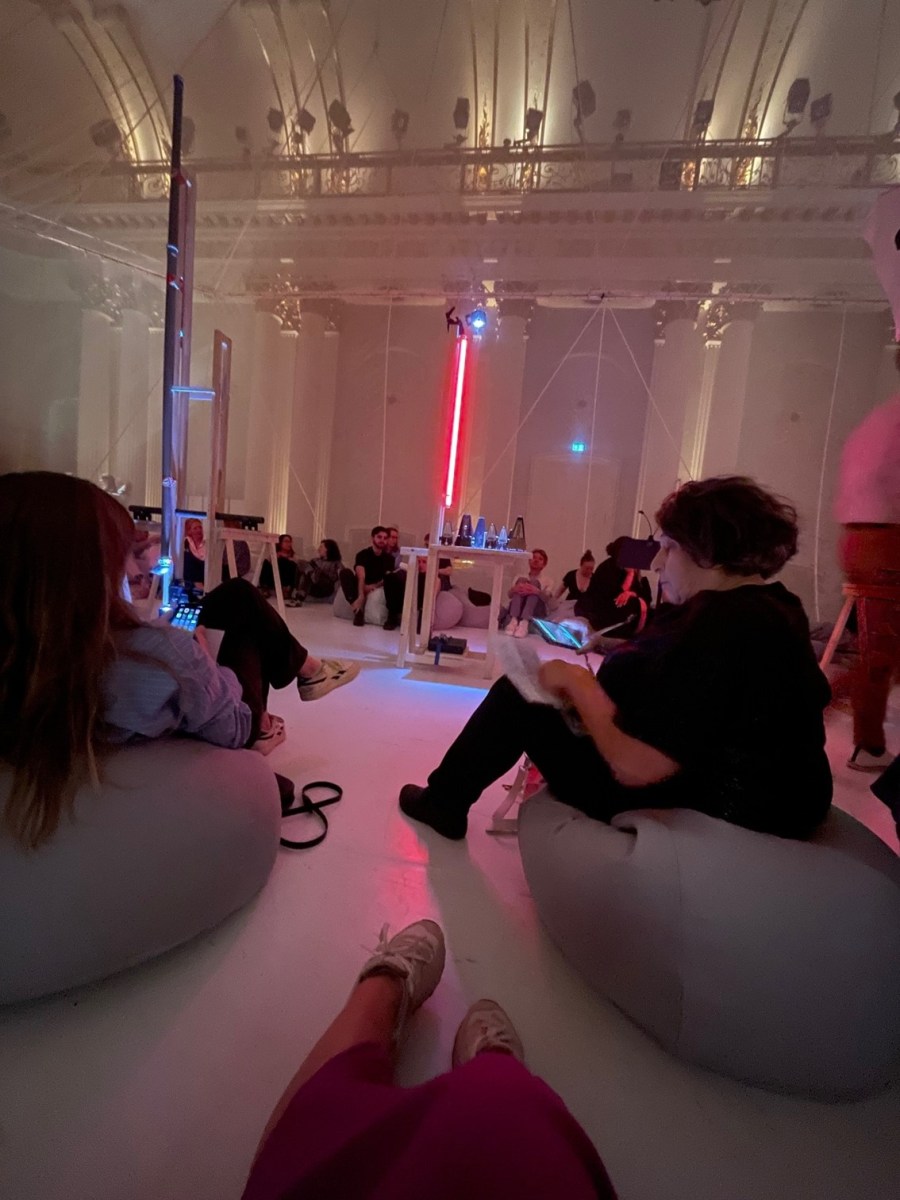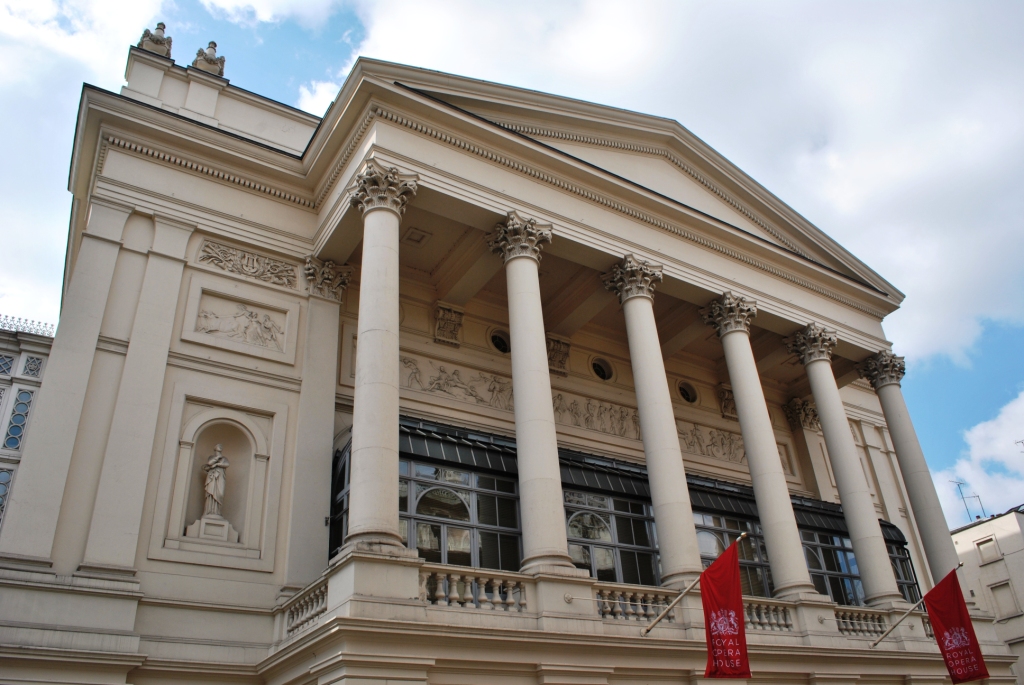“Sustainability and inclusion are part of our DNA.” It’s a slogan you hear, in one form or another, from businesses all over the world. But is it true? What does it mean to truly embed social and environmental sustainability in the way we work?
In this article:
To answer this question, I recently spent six weeks visiting 40 organisations in five European cities, investigating how creative industries, governments and business were responding to the challenges of our time. I sat down with 80 executives and experts to learn how they engaged their communities and their organisations, and how they measured impact. I was also searching for innovations that deserved to be shared far and wide.
From Amsterdam to Berlin, Paris to London to Madrid, I came across inspiring organisations that were changing the game, one day at a time. Rather than treating concerns about the environmental or inclusion as one-off projects to be delivered by a select few, these organisations were fundamentally changing their operations and harnessing the power of the arts. Each responded to these challenges in their own way, but certain shared characteristics offer valuable lessons for us all.
This is the moment to pay attention. Five years ago, the Opera House committed to the United Nations Sustainable Development Goals, a call-to-action to a list of Global Goals. Now, as we mark Global Goals Week, here are five ideas that are contributing to positive change.

Rethinking space
Europe has a knack for reimagining spaces to create a sense of belonging across communities. In southwest England I came across Sparks Bristol, a ‘department store with a difference’, a combination of artist space, sustainable and ethical retailers, education areas and reuse. Sparks Bristol has transformed an empty building on a major thoroughfare into a hub for sustainability and creativity.
Other examples abound. In Germany, Philharmonie Berlin hosts a free weekly lunchtime performance in its foyer. The place was packed when I went, and people from all walks of life had come to share the experience together. In Madrid, it felt like every suburb had a unique food hall that played a big role in community-building (and cultural tourism). And in London, five leading cultural institutions have set up home in the new creative and cultural hub East Bank, bringing a new energy to Stratford and collaborating with the local community for a thriving arts scene.
Learning from each other
To incorporate sustainability and inclusion into our work, we need to learn new skills. But these must also become business as usual – not secondary tasks to be completed in addition to core responsibilities.
This is why knowledge-sharing is so important. In Amsterdam, the Rijksmuseum has published Accessibility Without Limits, a book that details experiences, ideas and reflections. In Paris, the Louvre offers support to cultural institutions around the world to implement transformation projects. Also in Paris, the luxury goods leader Kering makes its environmental profit and loss model available for free to businesses looking to measure sustainability commitments.
Telling stories
In Paris, I met one executive who told me that getting the job done wasn’t enough. The value of this work had to be communicated, too, for people to learn to implement change themselves. For the cultural sector, that’s a huge opportunity, since the business of art so often involves storytelling, experimentation and innovation.

A Parisian science centre called Universcience recently installed an information board that revealed with powerful clarity the environmental cost of staging an exhibition. In London, the Royal Opera House has installed signposts across the building full of interesting facts about the space – the impact of plants, the way certain materials were used in the retail store and so on. In Berlin, Staatsoper Unter den Linden hosts a series of ‘sustainable listening’ shows that merge music from the Staatskapelle Berlin, live electronic sounds and reflections from activists to create an interdisciplinary experience calling for climate action. In Madrid, the Thyssen-Bornemisza Museo Nacional uses its online platform to discuss complex social and environmental themes about artworks that may not be obvious to casual observers. Taken together, these initiatives encourage us to reflect on the impact we have on the world around us.

Accountability and responsibility
The organisations that have done the most to embed social and environmental sustainability into their operations ensure that accountability sits with all decision-makers, not just environmental managers or inclusion managers. The leaders of these organisations are changing systems, governance and processes so social and environmental issues always factor in decision-making.
Collective action
It’s impossible to overstate the importance of governments, membership organisations and funding bodies in bringing organisations together to share resources and work towards common goals. In London, 22 members of the Exhibition Road Cultural Group, a partnership of science and arts organisations, created South Ken ZEN+, to collaborate on sustainability goals and reporting. This is one reason I’m excited about the newly created Creative Communities Council in NSW. A cohesive industry approach will amplify our approach to sustainability and inclusion.
Read: Culture as a protective factor
Rethinking the future of work
This is our most difficult challenge: to reimagine the systems that created inequalities and climate crisis in the first place. To do so, we need to identify new tools and new ways of working. And we need to cultivate curiosity – to slow down and experiment with fresh ideas. We need to remember the big picture, to balance short-term focus with the imagination required to make a long-term difference.
In Madrid, the philosophy at the Real Teatro de Retiro, a theatre dedicated to children, was especially inspiring. The theatre only came into existence a year ago, so its leaders felt free to write their own rules, and they chose to embed sustainable, inclusive ways of operating from the start. There’s no reason why this can’t be done in older, more established organisations too. If we want to create meaningful change, we need to find new ways of doing business.
Anna Yanatchkova travelled to Europe courtesy of the Lloyd Martin Travelling Scholarship for Emerging Arts Leaders, administered by the Sydney Opera House. On 26 September, she will speak at a special Global Goals Week event at the Opera House: ‘Can culture help build a better world?’ Livestream available here.





